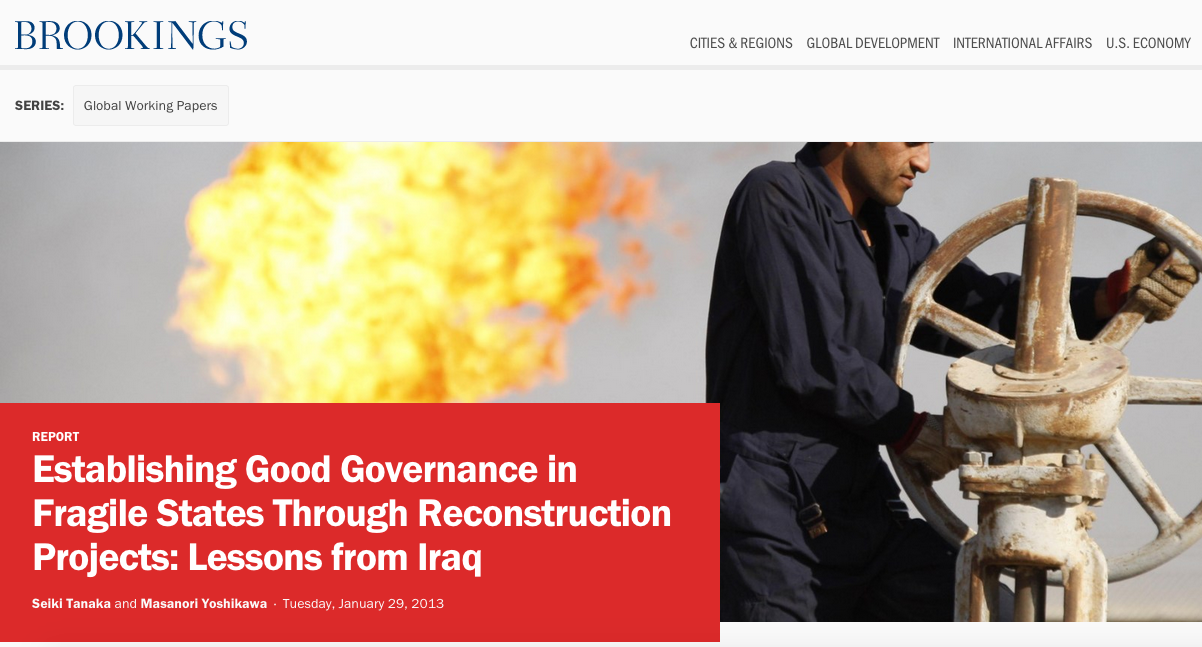The third commentary in this week’s symposium on Katharine Millar’s Support the Troops: Military Obligation, Gender, and the Making of Political Community, from Cian O’Driscoll. Cian is Associate Professor in the Department of International Relations at Australian National University. His principal area of research is the intersection between normative international relations theory and the history of political thought, with a particular focus on the ethics of war. His published work examines the development of the just war tradition over time and the role it plays in circumscribing contemporary debates about the rights and wrongs of warfare. These themes are reflected in his two monographs: Victory: The Triumph and Tragedy of Just War (Oxford, 2019) and The Renegotiation of the Just War Tradition (Palgrave, 2008). Cian has also co-edited three volumes and his work has been published in leading journals in the field, including International Studies Quarterly, the European Journal of International Relations, the Journal of Strategic Studies, the Journal of Global Security Studies, Review of International Studies, Ethics & International Affairs, and Millennium. He was the Principal Investigator on an ESRC project entitled Moral Victories and was a 2019 ISRF fellow. Cian is also currently the Chair of the International Ethics section of the International Studies Association.
Kate Millar’s Support the Troops is one of those books that leads you to look at the world in slightly different way than you did before. It offers a very rich account of how the StT discourse mobilises and sustains a very particular vision of civil-military relations—with implications for how we understand the nature of the modern liberal democratic state. I won’t summarise the book here, however, or even engage it in any direct way. Rather, what I want to do is think with it, extend it, and use it as a generative platform from which to reflect on four matters that are perhaps best described as orthogonal to Millar’s interests.
Seeing Both Sides
The first is the story of Willie Dunne. We don’t really meet anyone like Willie Dunne in Support The Troops, primarily because he’s fictional, after a fashion, but also because he doesn’t (straightforwardly) come from the US or the UK, which are the main sites for Kate’s analysis. Dunne, you see, is a character in Sebastian Barry’s celebrated novel about Irish soldiers serving in the British Army in World War One, A Long Long Way.
Though fictional, Dunne’s story is rooted in the history. Dunne was one of 200,000 Irishmen—many of them of green, nationalist background—who responded to the call made in August 1914 by John Redmond, the leader of the Irish Parliamentary Party in Westminster, for the men of Ireland to fight for the British Army in Europe. “I say to the government that they may withdraw every one of their troops from Ireland,” Redmond had declared. “I say that the coast of Ireland will be defended from foreign invasion by her armed sons, and for this purpose armed nationalist Catholics in the south will be only too glad to join arms with the armed Protestant Ulstermen in the North.”[i] Over 30,000 Irishmen would subsequently die on the Western Front in the service of the British Army. Dunne would not die in Flanders; a different fate awaited him. He would be among the soldiers who happened to be home on furlough in Dublin in April 1916—a significant date in Irish history. In the wrong place, at the wrong time, he found his leave terminated early, as he was redirected by the Crown to Dublin City centre to put down by force what would later come to be known as the Easter Rising.
Continue reading



 A guest post from Ida Danewid. Ida is a PhD candidate in International Relations at the London School of Economics and Political Science. Her work focuses on decolonial theory, global ethics, and the politics of solidarity. She is the editor of
A guest post from Ida Danewid. Ida is a PhD candidate in International Relations at the London School of Economics and Political Science. Her work focuses on decolonial theory, global ethics, and the politics of solidarity. She is the editor of 